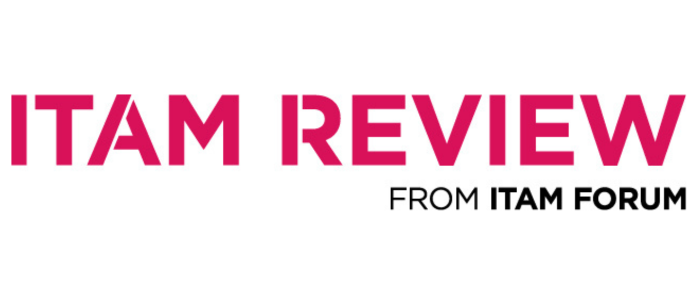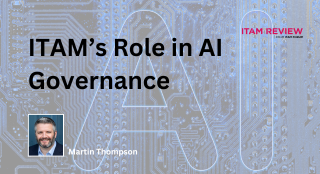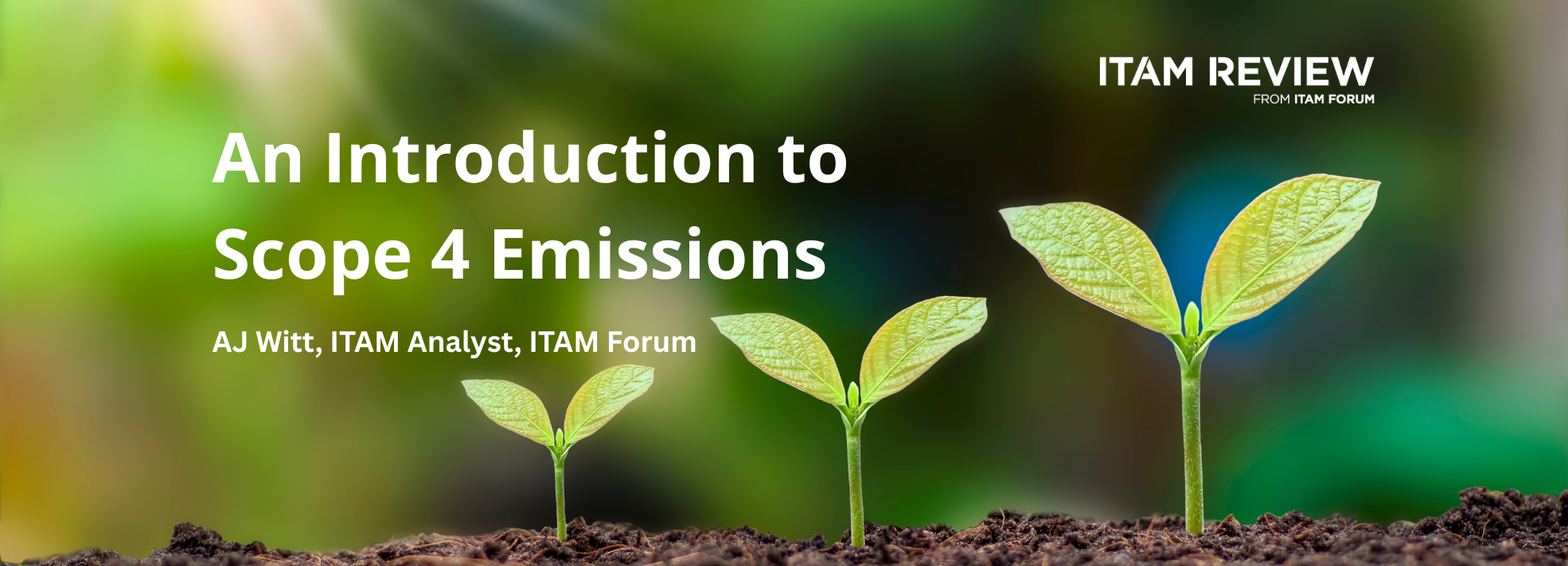CAPEX v OPEX: A tale of two budgets

Cloud is great and solves a lot of problems – but it can also cause some new ones too. Back in my days as a reseller, whenever I spoke about cloud, I’d often find myself in a conversation about CAPEX v OPEX and I soon learned that the way you pay for cloud can be as big a factor as what you use it for. Some organisations had a strong preference for one method over another for various reasons, some that could have an impact on a company’s financial reports at the end of the financial year. This meant, and still does, that the way software is licensed and purchased can have a big impact on the company overall – and vice versa.
We hear a lot about these two budget types, but I thought a quick overview of what they are and some of the differences between them could be useful.
CAPEX
The CAPital EXpenditure budget is generally used for big purchases of goods or services that will be used for more than 1 (one) year and create benefits for the business. This can include things like:
- Factory equipment
- Buildings
- Computer hardware
- Perpetual software
And these are recorded as assets to the business on the balance sheet. The cost of the asset is then depreciated over a set number of years (typically 5 to 10) to represent that just a portion of its value to the company is realised each year.
As an example, if you buy some servers for £100,000 you might depreciate them over 10 years at £10,000 per annum; this depreciation amount is then deducted from the annual tax return.
OPEX
The OPerating EXpenditure budget is for day-to-day costs that keep a business running, things like:
- Rent
- Utilities
- Travel
- Subscription software
And OPEX expenses are recorded in full as expenses in the period in which they’re made – so not written down over the following years. That said, pre-paying for multiple years of a subscription may be recorded as a “pre-paid expense” – this is somewhere in-between CAPEX and OPEX, so it can be written off over the course of the subscription agreement.
Why does this matter?
OPEX spend can help businesses reduce their income tax bill but, as all the money is spent at once, it reduces the EBITDA (Earnings Before Interest, Tax, Depreciation, and Amortization) and may cause an organisation to look less profitable than if it purchased software from its CAPEX budget. Equally, as purchasing via CAPEX adds assets to a company, that can make them look more attractive and show higher earnings for investors.
The realities of accounting for software are very complex – depending on all manner of factors including region specific tax laws, company focus, length of terms, usage periods, type of software, and more. That said, it may be worth working with your finance and accounting teams to understand if changes to your software purchasing methods can have a positive impact on your overall financial position – be it tax, cashflow, balance sheet etc.
Further Reading
Differences between the budgets
Can’t find what you’re looking for?
More from ITAM News & Analysis
-
Broadcom vs Siemens AG - A Brewing Storm
The ongoing legal battle between VMware (under Broadcom ownership) and Siemens is yet another example of why ITAM goes far beyond license compliance and SAM. What might, at first glance, appear to be a licensing dispute, ... -
Shifting Left Together: Embedding ITAM into FinOps Culture
During one of the keynotes at the FinOps X conference in San Diego, JR Storment, Executive Director of the FinOps Foundation, interviewed a senior executive from Salesforce. They discussed the idea of combining the roles of ... -
Addressing the SaaS Data Gap in FinOps FOCUS 2.1
I recently reported on the FinOps Foundation’s inclusion of SaaS and Datacenter in its expanded Cloud+ scope. At that time, I highlighted concerns about getting the myriad SaaS companies to supply FOCUS-compliant billing data. A couple ...
Podcast
ITAM training
Similar Posts
-
The M&S Cyberattack: How IT Asset Management Can Make or Break Your Recovery
Marks & Spencer (M&S), the iconic UK retailer, recently became the latest high-profile victim of a devastating cyberattack. Fellow retailers The Co-Op and Harrods were also attacked. Recent reports suggest the rapid action at the Co-Op ... -
AI in ITAM: Insightful Signals from the Front Line
During our Wisdom Unplugged USA event in New York in March 2025, we engaged ITAM professionals with three targeted polling questions to uncover their current thinking on Artificial Intelligence—what concerns them, where they see opportunity, and ... -
How ISO/IEC 19770-1 Can Help Meet FFIEC Requirements
In the world of ITAM, the regulatory spotlight continues to intensify, especially for financial institutions facing increasing scrutiny from regulatory bodies due to the growing importance of IT in operational resilience, service delivery, and risk management. ... -
An Introduction to Scope 4 Emissions
Executive Summary For ITAM teams, sustainability is a core responsibility and opportunity. Managing hardware, software, and cloud resources now comes with the ability to track, reduce, and report carbon emissions. Understanding emission scopes—from direct operational emissions ...




